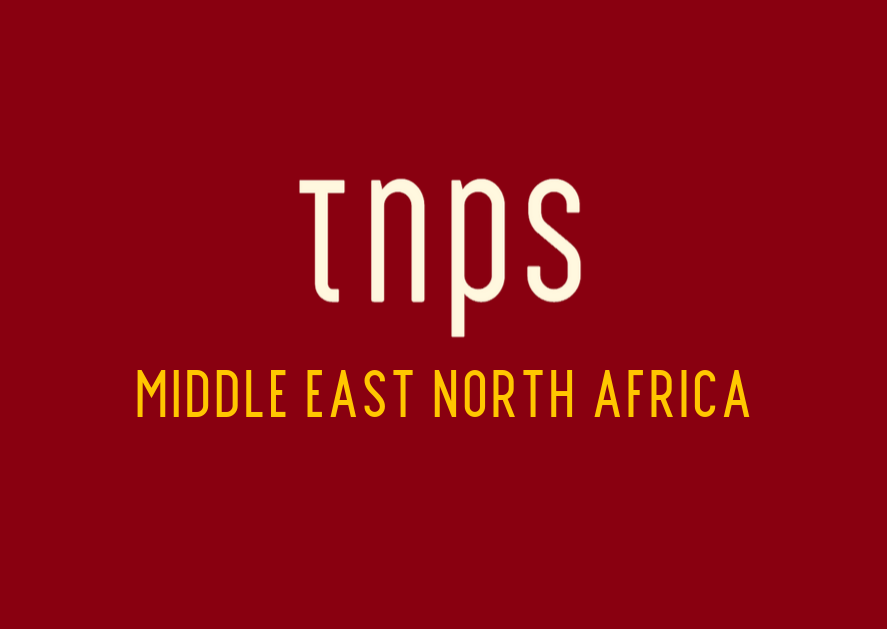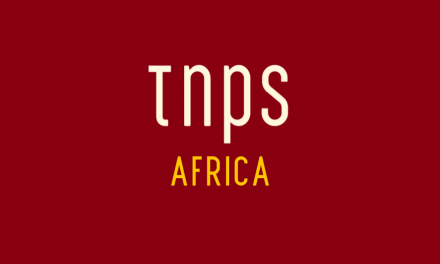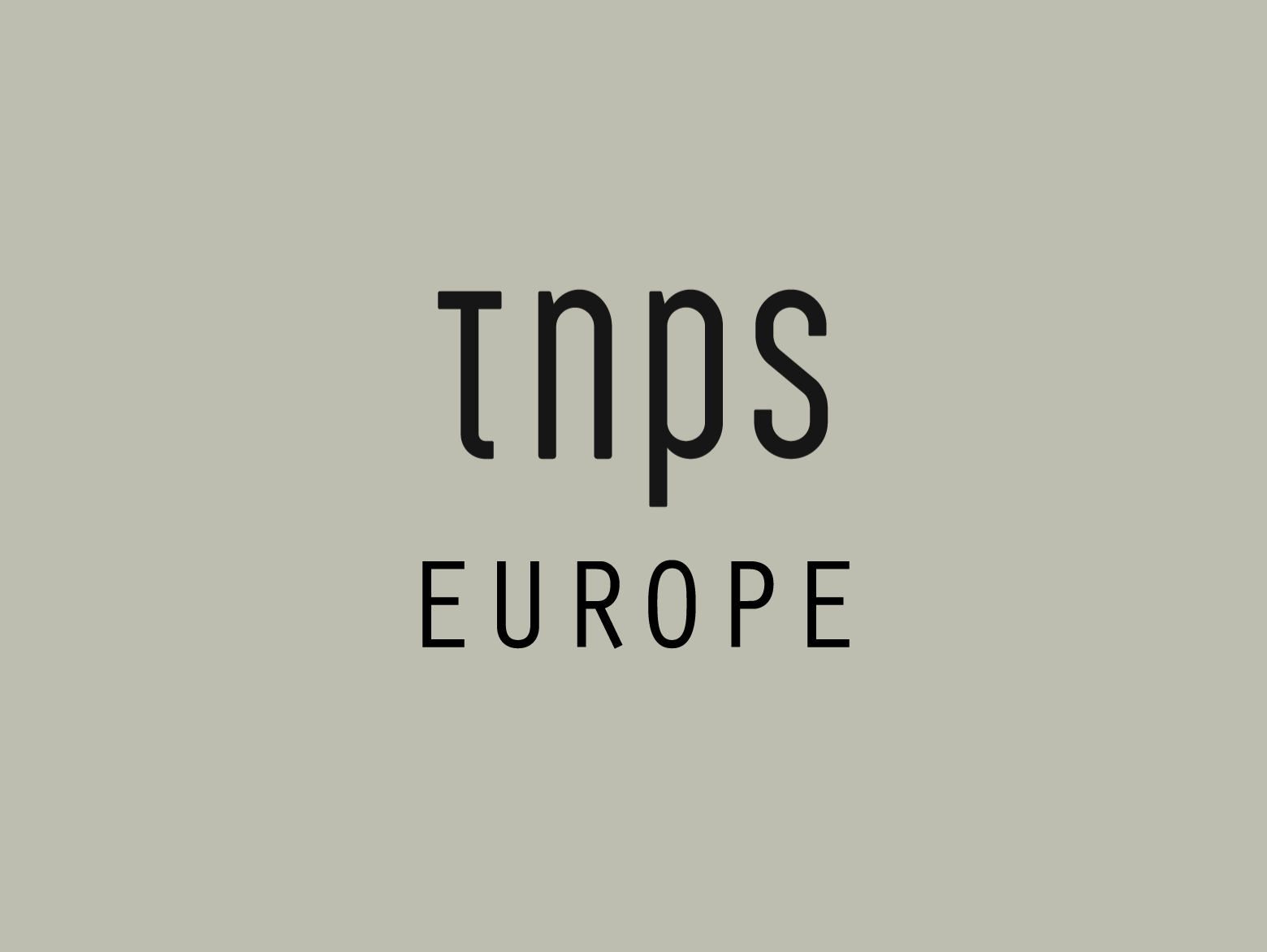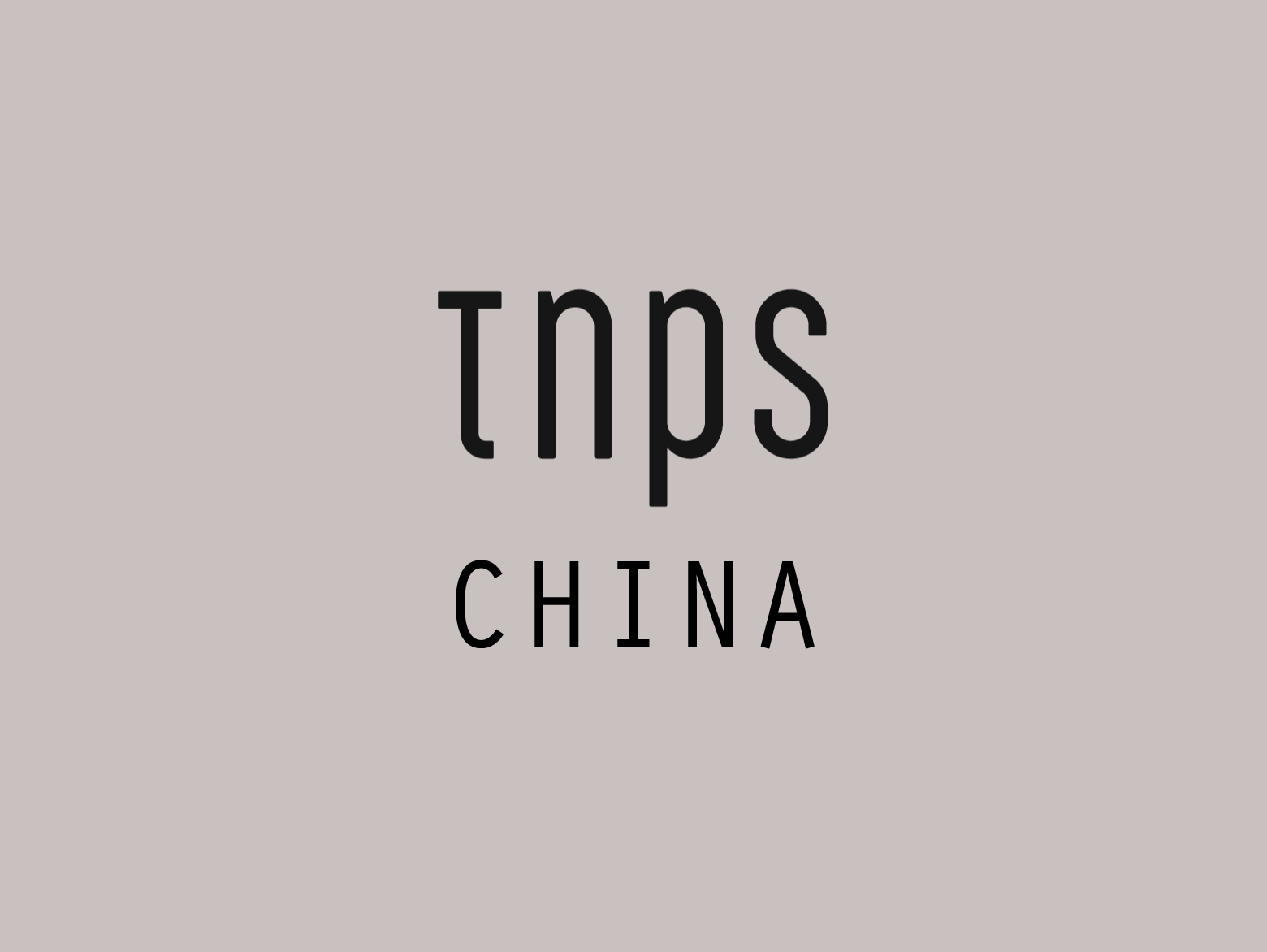“Books are one of the best ways to get some solitude, understand complexities and a way to gain new perspectives,” said VK Karthika at the 2nd Annual Attic Lecture this past week.
“In the 1990s, things were very different from the multitude of options that are available to readers now. Indian publishing in English has come a long way. Twenty years ago, you did not have any access to practices in the industry outside your geographical location. We were learning a lot by trial and error.”
Casting her mind back to 1997 Karthika notes, “Things changed dramatically when Arundhati Roy won the Booker in 1997. Indian English writing suddenly became the new buzz. Unlike Amitav Ghosh and Vikram Seth, Arundhati was seen as a home-grown writer, writing about her experiences in the country and published by an Indian publishing house that was born to publish her. This resulted in huge advances being paid to authors for writing the next big Indian novel.
Then came Chetan Bhagat, “and (he) changed the face of publishing in India … His success meant that the publishing industry discovered that there are lakhs (one lakh = 100,000) of readers in India and not merely thousands. A slew of young writers followed in the years to come and now bestseller charts are dominated by Indian writers. It was also aided by the fact that many of these books were adapted into movies and that brought more readers into the fold.”
Karthika goes on to talk about big book stores and their impact on the industry.
“Unlike neighbourhood stores that could stock up about 10 copies, stores such as Landmark or Crossword could stock up many more copies. It also meant that more people began to try out books.”
Karthika concluded, “It is a great time to be a writer and an editor now. There are good works getting translated from other languages into English and a lot of extremely good non-fiction is being written. It is an eco-system I love being part of.”
Of course India has yet to experience the disruption industry changes brought to the US and UK, if indeed that is its eventual fate.
Karthika, until a year ago Publisher and Chief Editor at HarperCollins India, announced earlier this year she would be leading a new Westland imprint. Given Westland is now owned by Amazon that puts Karthika in a unique position to help shape the new publishing landscape in India. Watch out for news on the Karthika Westland story as that unfolds.
But looking at the bigger picture, let’s take two reference points, from Karthika’s observations.
Big book stores, she says, “meant that more people began to try out books.”
We’ve seen this in the US and UK with digital, where ebooks, far from simply cannibalising print and sending bookstores into oblivion has widened the appeal of reading across all formats. The collapse of Borders had very little to do with ebooks, which were still in their infancy at that time, and the current struggle of Barnes & Noble has very little to do with ebooks other than the financial drain of a badly-run Nook operation.
In a country like India, where physical book stores are few and far between and print books unavailable to many, ebooks will in time create more demand for reading material, both in English, the focus of Karthika’s reminisce, and across India’s myriad other languages.
Likewise, if films have created demand for books, how much more so will this happen as video streaming, the stuff of science fiction back in 1997, generates demand for more content, much of which will come from books, and creates book spinoffs from original content written for video.
As the Global New Renaissance unfolds it is, as Karthika says, “a great time to be a writer.”




